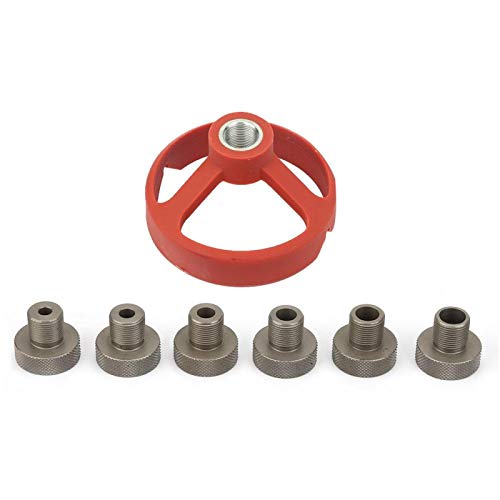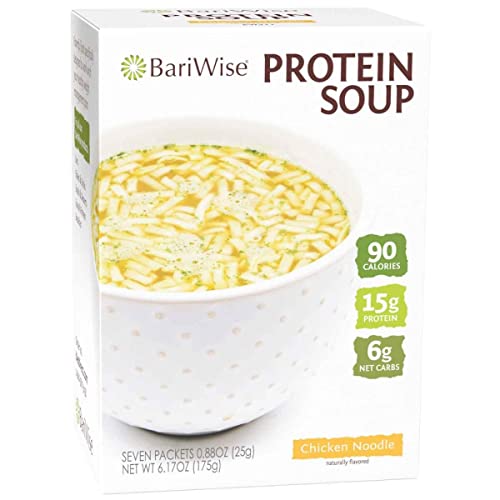I have seen in several places, possible from the same source, that PPIs can be used with anticoagulants. @west4thavenue Ave - you posted on PB:
But I think that is exactly the OPPOSITE of good advice!!
When you are on anticoags, you are more likely to bleed. When your stomach is newly operated on, and raw, and acid is irritating it, you are more likely to get a GI bleed! PPIs reduce the risk of getting a GI bleed!
http://www.ncbi.nlm.nih.gov/pubmed/18607297
J Clin Gastroenterol. 2009 Jan;43(1):5-12. doi: 10.1097/MCG.0b013e31811edd13.
Gastrointestinal bleeding in the setting of anticoagulation and antiplatelet therapy.
Barada K1, Abdul-Baki H, El Hajj II, Hashash JG, Green PH.
CONCLUSIONS:
Predictors of bleeding on antiplatelets and/or antithrombotics therapy have been identified, but formulation and validation of a GI bleeding index for stratification of risk in individual patients is suggested. Reversal of anticoagulation in bleeding patients is associated with a low risk of thromboembolic events and permits the performance of diagnostic and therapeutic endoscopy. Proton-pump inhibitors and H. pylori eradication reduce the risk of rebleeding in those with acid-related disease.
http://www.medscape.com/viewarticle/820935
Do Patients on Anticoagulants Also Need Acid Suppressants?
Devada Singh-Franco, PharmD
February 27, 2014
Question
Which patients are appropriate candidates for gastroprotection with acid-suppressive therapies?
Anticoagulants
Previous gastrointestinal bleeding, presence of H pylori infection, and concomitant medications associated with UGI (eg, NSAIDs, corticosteroids) should also be considered. Strategies to reduce bleeding include correcting modifiable characteristics (eg, labile INRs, alcohol use, and hypertension) and adding a PPI for gastroprotection.[7,9,11]
The only exception that I saw was this:
http://www.medindia.net/news/Big-No...flux-Tablets-After-a-Heart-Attack-85911-1.htm
Heart attack patients who are given a blood thinner (aspirin) and a proton pump inhibitor (PPI) like omeprazole or pantoprazole maybe at increased risk of getting another cardiovascular event, as per a new study.
Read more: Big No to Combining Blood Thinners With Acid Reflux Tablets After a Heart Attack | Medindia http://www.medindia.net/news/Big-No...fter-a-Heart-Attack-85911-1.htm#ixzz30t39G3iq
"Usually, as a course of treatment, patients are given aspirin to inhibit platelet aggregation after a first heart attack as a blood thinning agent to help reduce the risk of another heart attack. Along with, several doctors prescribe PPIs (proton pump inhibitors, drugs used to help prevent gastric acid reflux) as well for the prevention of peptic ulcers in patients treated with aspirin.
The study team, led by Dr. Mette Charlot of Copenhagen University Hospital, Denmark studied a large number of patients admitted to the hospital with their first episode of myocardial infarction. A total 19,925 patients were prescribed aspirin within 30 days of discharge and excluded the ones who took clopidogrel (an antiplatelet/clotting agent). Of these, 4306 were prescribed for pump inhibitor (PPI) within one year.
During the follow-up, 3366 out of the 19,925 patients experienced recurrent MI, stroke, or even death following a cardiovascular event.
Study reports indicated that the overall rate of adverse Cardiovascular Events (CV) was significantly much higher among patients who were taking aspirin and a PPI, than in those who took aspirin alone. This also holds true for each of the three adverse events analyzed separately."
But it is not the combination that is inherently dangerous - it is only after heart attack.
My surgeon wants his patients on a PPI for six months following surgery. Unfortunately, I cannot take them because they are contraindicated when taking blood thinners. He says it is to protect the stomach while it is healing. Sounds like a good precautionary measure to me.
But I think that is exactly the OPPOSITE of good advice!!
When you are on anticoags, you are more likely to bleed. When your stomach is newly operated on, and raw, and acid is irritating it, you are more likely to get a GI bleed! PPIs reduce the risk of getting a GI bleed!
http://www.ncbi.nlm.nih.gov/pubmed/18607297
J Clin Gastroenterol. 2009 Jan;43(1):5-12. doi: 10.1097/MCG.0b013e31811edd13.
Gastrointestinal bleeding in the setting of anticoagulation and antiplatelet therapy.
Barada K1, Abdul-Baki H, El Hajj II, Hashash JG, Green PH.
CONCLUSIONS:
Predictors of bleeding on antiplatelets and/or antithrombotics therapy have been identified, but formulation and validation of a GI bleeding index for stratification of risk in individual patients is suggested. Reversal of anticoagulation in bleeding patients is associated with a low risk of thromboembolic events and permits the performance of diagnostic and therapeutic endoscopy. Proton-pump inhibitors and H. pylori eradication reduce the risk of rebleeding in those with acid-related disease.
http://www.medscape.com/viewarticle/820935
Do Patients on Anticoagulants Also Need Acid Suppressants?
Devada Singh-Franco, PharmD
February 27, 2014
Question
Which patients are appropriate candidates for gastroprotection with acid-suppressive therapies?
Anticoagulants
Previous gastrointestinal bleeding, presence of H pylori infection, and concomitant medications associated with UGI (eg, NSAIDs, corticosteroids) should also be considered. Strategies to reduce bleeding include correcting modifiable characteristics (eg, labile INRs, alcohol use, and hypertension) and adding a PPI for gastroprotection.[7,9,11]
The only exception that I saw was this:
http://www.medindia.net/news/Big-No...flux-Tablets-After-a-Heart-Attack-85911-1.htm
Heart attack patients who are given a blood thinner (aspirin) and a proton pump inhibitor (PPI) like omeprazole or pantoprazole maybe at increased risk of getting another cardiovascular event, as per a new study.
Read more: Big No to Combining Blood Thinners With Acid Reflux Tablets After a Heart Attack | Medindia http://www.medindia.net/news/Big-No...fter-a-Heart-Attack-85911-1.htm#ixzz30t39G3iq
"Usually, as a course of treatment, patients are given aspirin to inhibit platelet aggregation after a first heart attack as a blood thinning agent to help reduce the risk of another heart attack. Along with, several doctors prescribe PPIs (proton pump inhibitors, drugs used to help prevent gastric acid reflux) as well for the prevention of peptic ulcers in patients treated with aspirin.
The study team, led by Dr. Mette Charlot of Copenhagen University Hospital, Denmark studied a large number of patients admitted to the hospital with their first episode of myocardial infarction. A total 19,925 patients were prescribed aspirin within 30 days of discharge and excluded the ones who took clopidogrel (an antiplatelet/clotting agent). Of these, 4306 were prescribed for pump inhibitor (PPI) within one year.
During the follow-up, 3366 out of the 19,925 patients experienced recurrent MI, stroke, or even death following a cardiovascular event.
Study reports indicated that the overall rate of adverse Cardiovascular Events (CV) was significantly much higher among patients who were taking aspirin and a PPI, than in those who took aspirin alone. This also holds true for each of the three adverse events analyzed separately."
But it is not the combination that is inherently dangerous - it is only after heart attack.

































